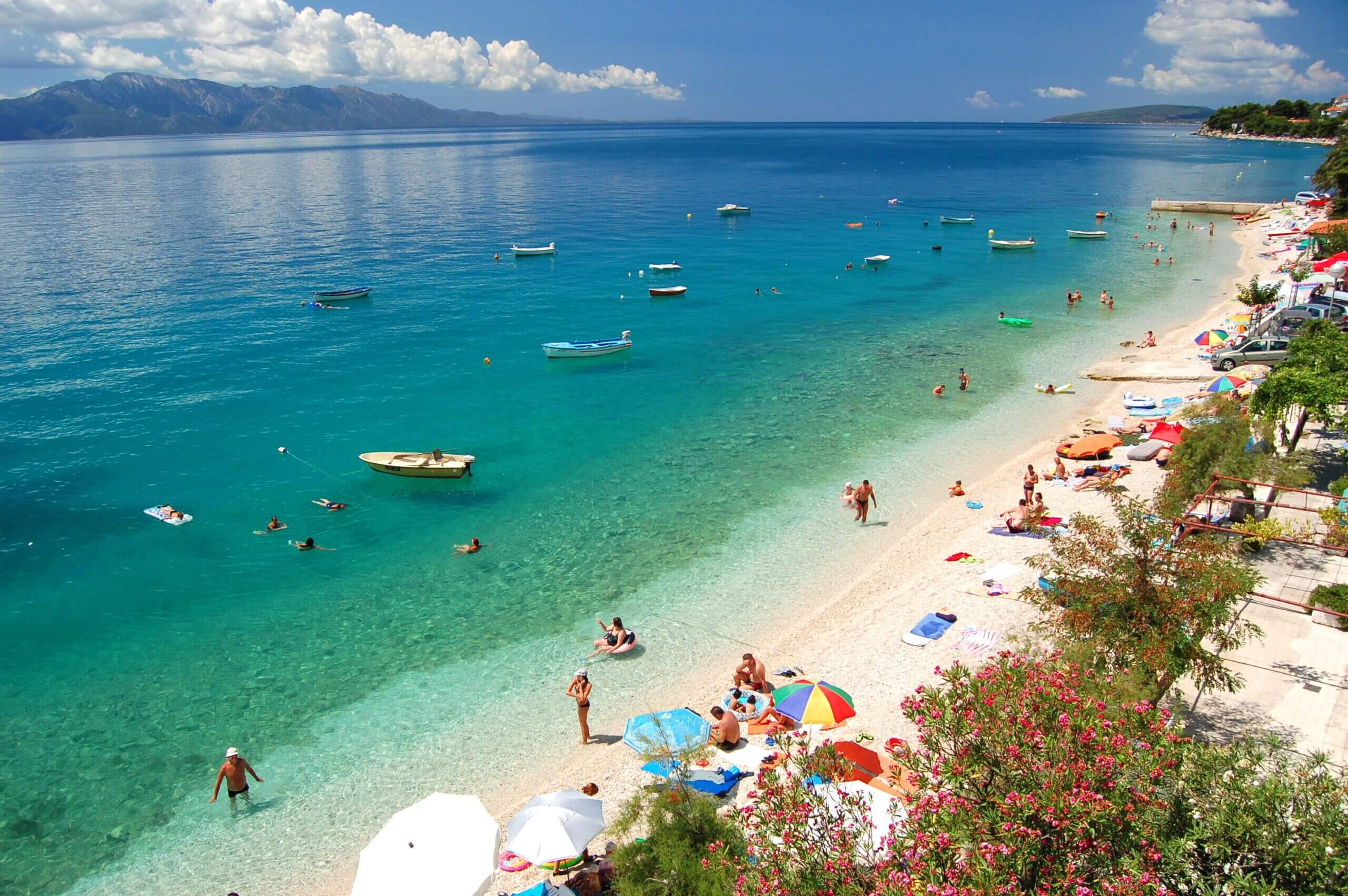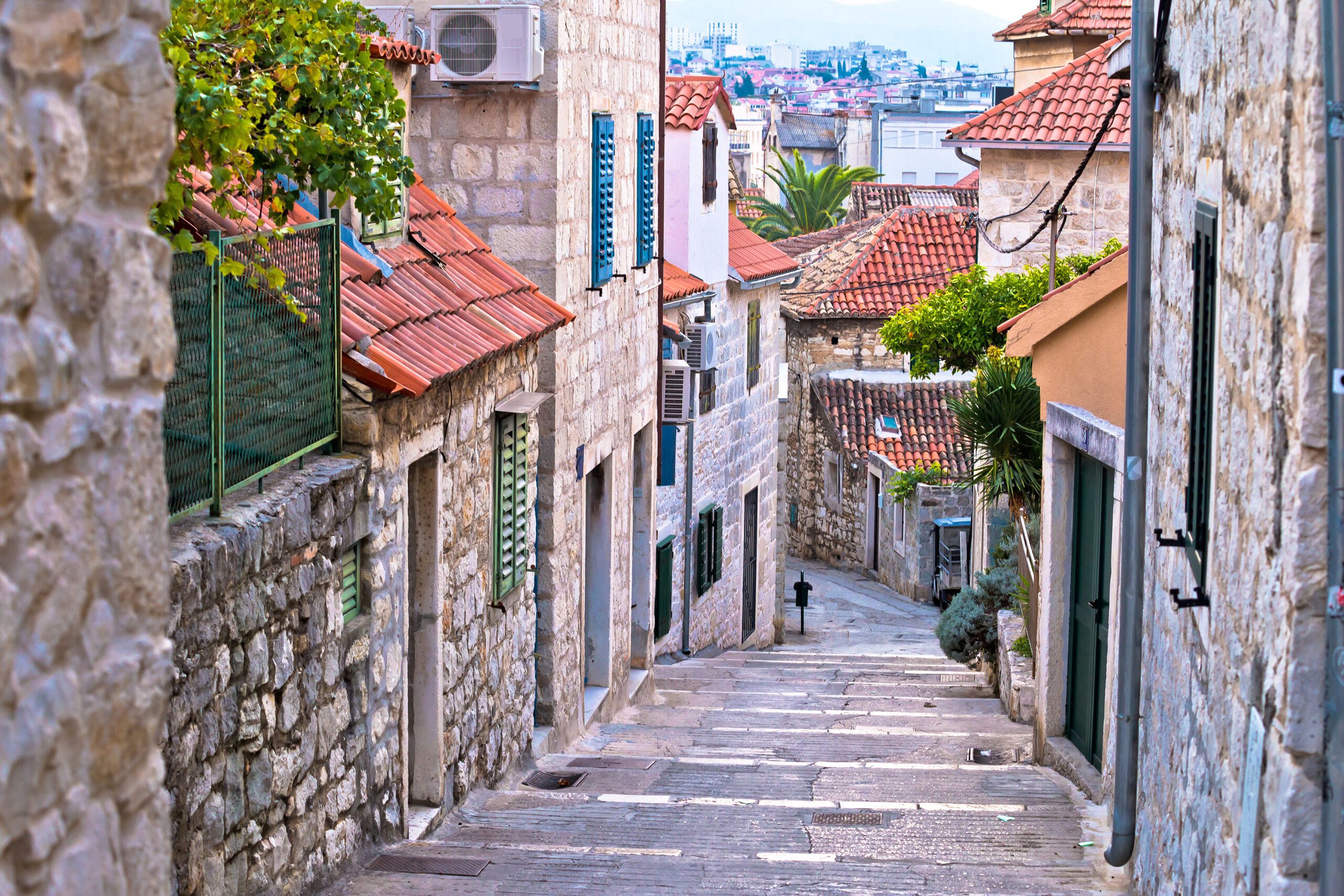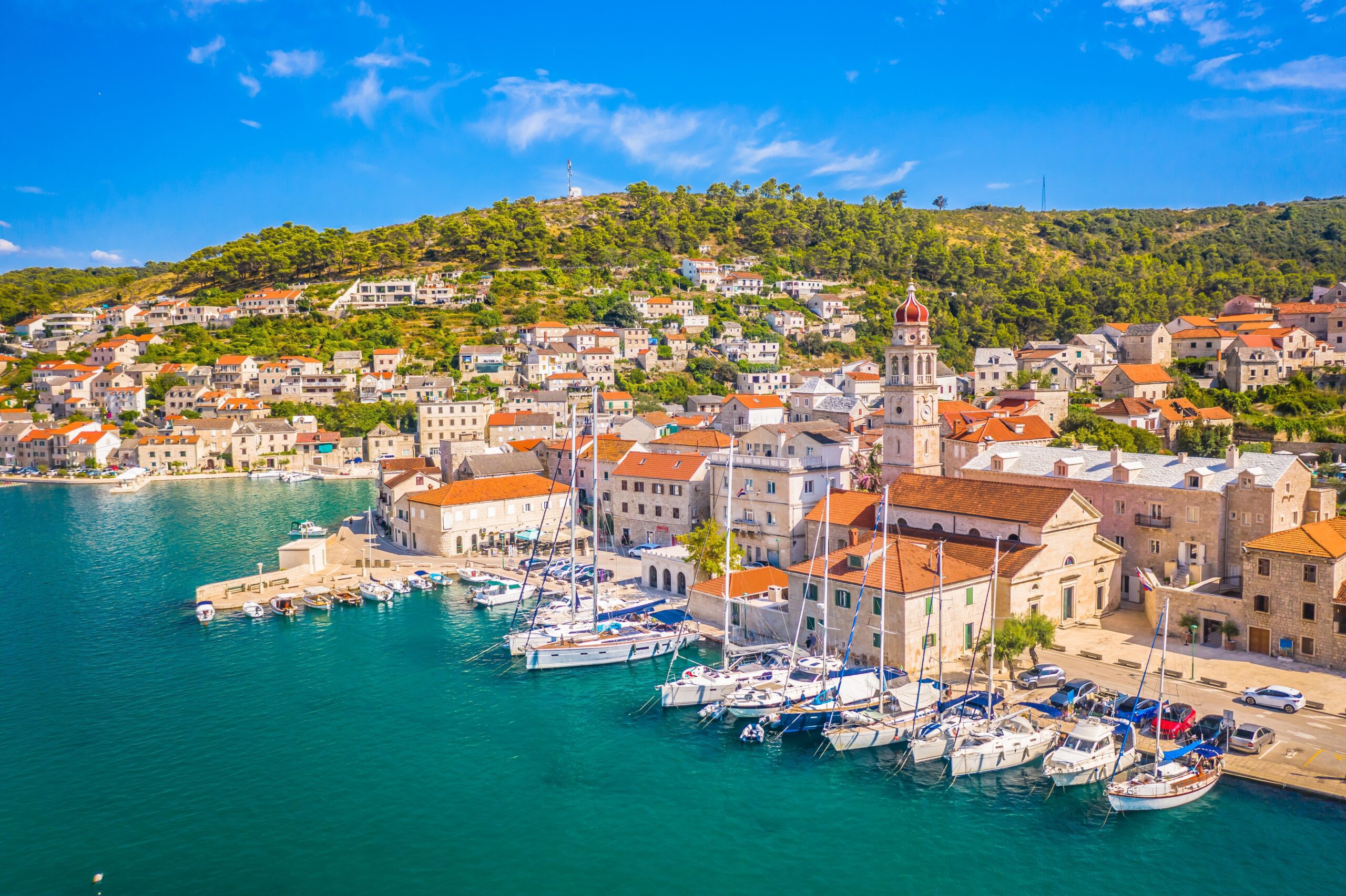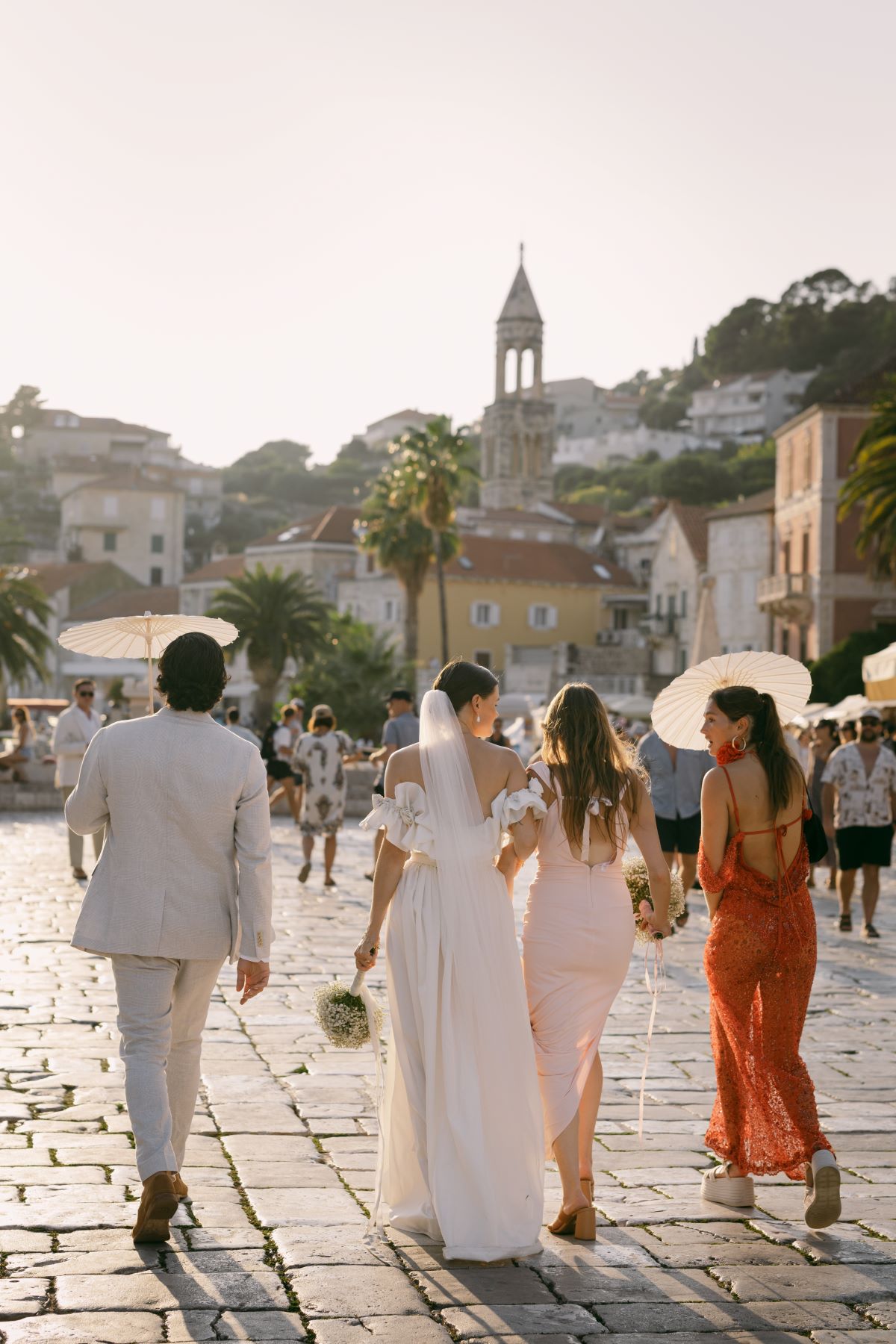
Dalmatian Lifestyle: Traditions That Capture the Heart
In Dalmatia, time seems to flow at its own leisurely pace. The salty sea breeze, the earthy aroma of olive trees, and the rhythm of the waves create an environment where life unfolds slowly and intentionally. Here, traditions are not merely customs but a deeply rooted way of being—a philosophy passed down through generations. Whether you’re a visitor discovering this enchanting region for the first time or a local who’s lived it for years, the Dalmatian way of life has a magnetic charm that’s impossible to resist.
Coffee Culture: A Sacred Ritual

To truly understand the spirit of Dalmatia, one must embrace the coffee ritual. In Dalmatia, coffee is far more than just a morning pick-me-up; it is a moment of connection, reflection, and indulgence. Across cities like Split and Makarska or even in tiny coastal villages, locals can be found sitting in cafés, not rushing but lingering—savoring each sip as they share stories, debate local gossip, or simply enjoy the art of people-watching.
It’s not uncommon to see a group of friends chatting animatedly for hours over a single espresso. Here, time stretches, and life feels unhurried. Coffee breaks are when decisions are made, friendships are strengthened, and worries momentarily dissolve. The phrase “Pomalo, di je priša” (“Take it easy, what is the hurry”) is often heard and perfectly encapsulates the Dalmatian philosophy of life.
Tip for visitors: Take a moment to join this tradition. Order a cup of coffee at a seaside café, immerse yourself in the soothing sounds of conversations and waves, and let the rhythm of life slow you down.
Fjaka: The Art of Being
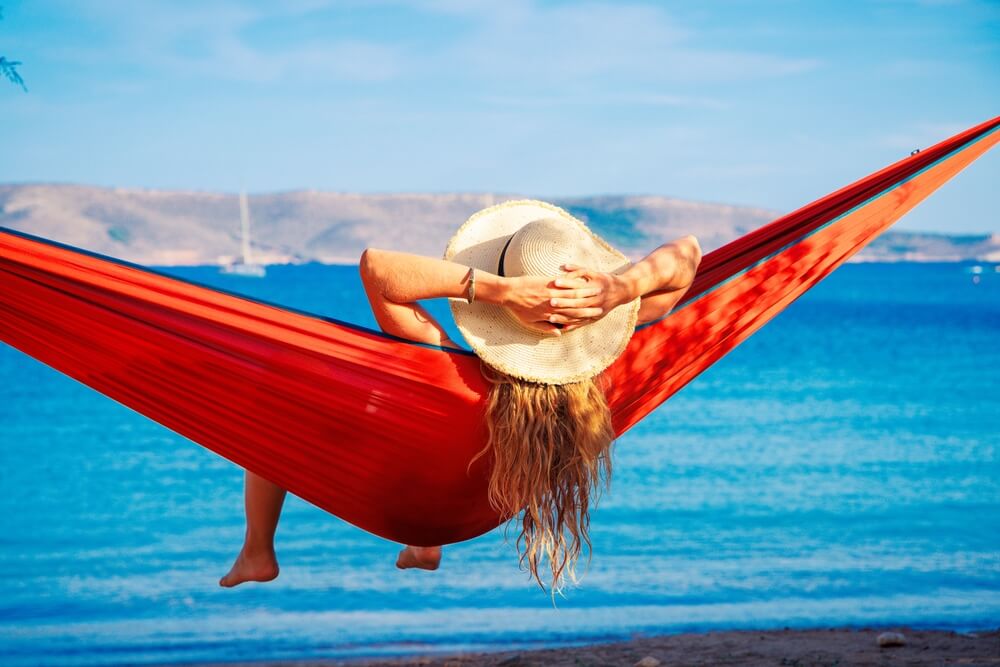
Fjaka is a word that eludes easy translation but speaks volumes about the Dalmatian way of life. It represents a state of utter relaxation, where the mind is at peace and ambition takes a backseat to contentment. Some might call it laziness, but to Dalmatians, fjaka is an elevated state of being—a mindful surrender to the present moment.
The warm Dalmatian sun, the ever-present hum of cicadas, and the lull of the sea create the perfect environment for fjaka. It’s a state where nothing feels urgent, and everything feels enough. Plans are loose, schedules are flexible, and life is allowed to flow as naturally as the tides.
Tip for visitors: Embrace fjaka as a way to disconnect from stress and reconnect with yourself. Sit by the water, feel the sun on your face, and let go of the rush to do more or be more.
The Market: Shopping as a Social Affair
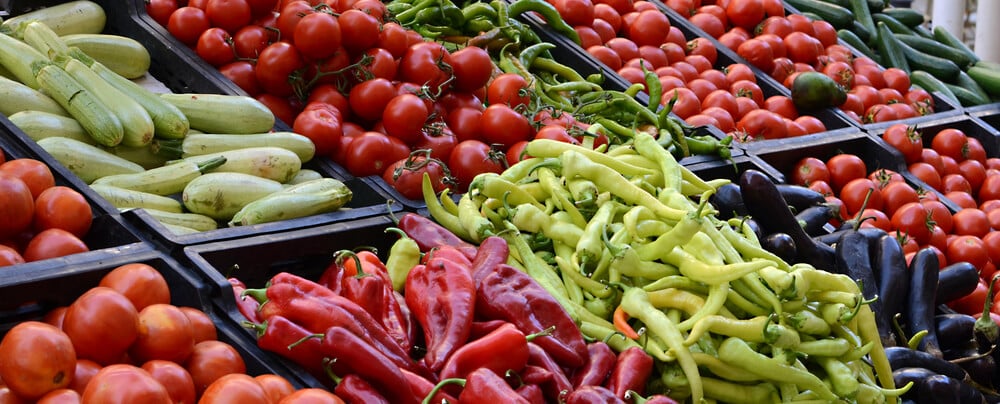
Dalmatian markets, or pazars, are much more than places to buy fresh produce. They’re vibrant hubs of community life, where the air is filled with the mingling aromas of fresh figs, ripe tomatoes, cheese, and wild herbs. Vendors call out to passersby, offering the day’s freshest catch or boasting about the sweetness of their watermelons.
For locals, the market is as much about socializing as it is about shopping. It’s a place where recipes are exchanged, bargains are negotiated with good humor, and the latest news is shared. Shopping here is an event, not a chore, offering a glimpse into the rich tapestry of daily life in Dalmatia.
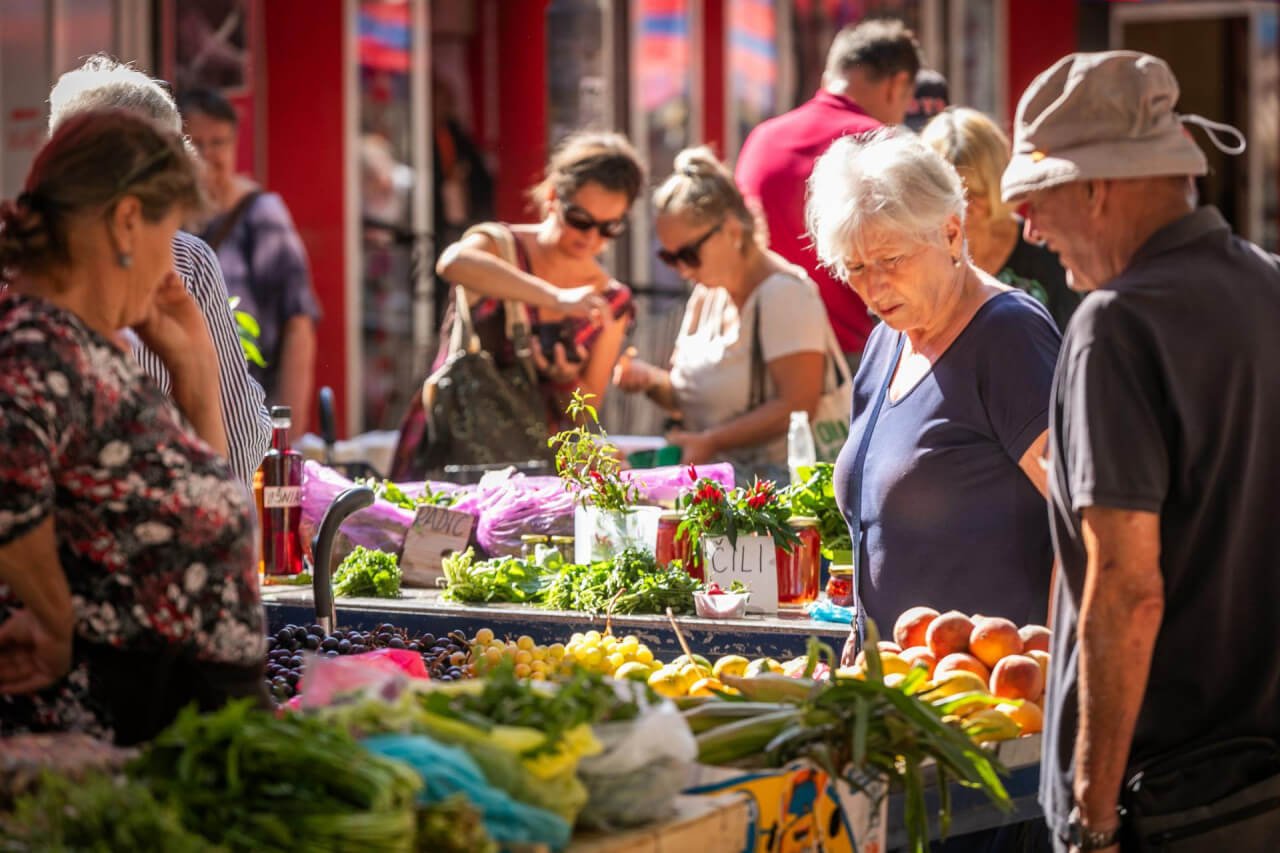
Tip for visitors: Spend time at a local market, not just for the fresh produce but for the experience. Talk to the vendors, ask for their recommendations, and savor the stories behind every piece of fruit or fish you buy.
Family Lunch: A Tradition That Unites Generations
In Dalmatia, Sunday lunch is an unspoken rule, a time when families come together to share a meal that often lasts for hours. The table is a feast for the senses, with dishes like pašticada (slow-cooked beef in a rich sauce), brudet (fish stew), and food prepared ispod peke (under a bell-like lid covered with hot coals). Each dish carries the flavors of tradition, lovingly prepared with recipes passed down through the generations.
But it’s not just the food that makes these lunches special. Children laugh and play in the yard, grandparents recount tales of old times, and everyone joins in lively conversations and shared laughter. These meals are about more than nourishment; they’re about connection, celebrating the bond of family and the joy of togetherness.
Tip for visitors: If you have the chance to join a local family for a Sunday lunch, don’t hesitate. It’s a warm and authentic experience that will give you a deeper appreciation of Dalmatian culture.
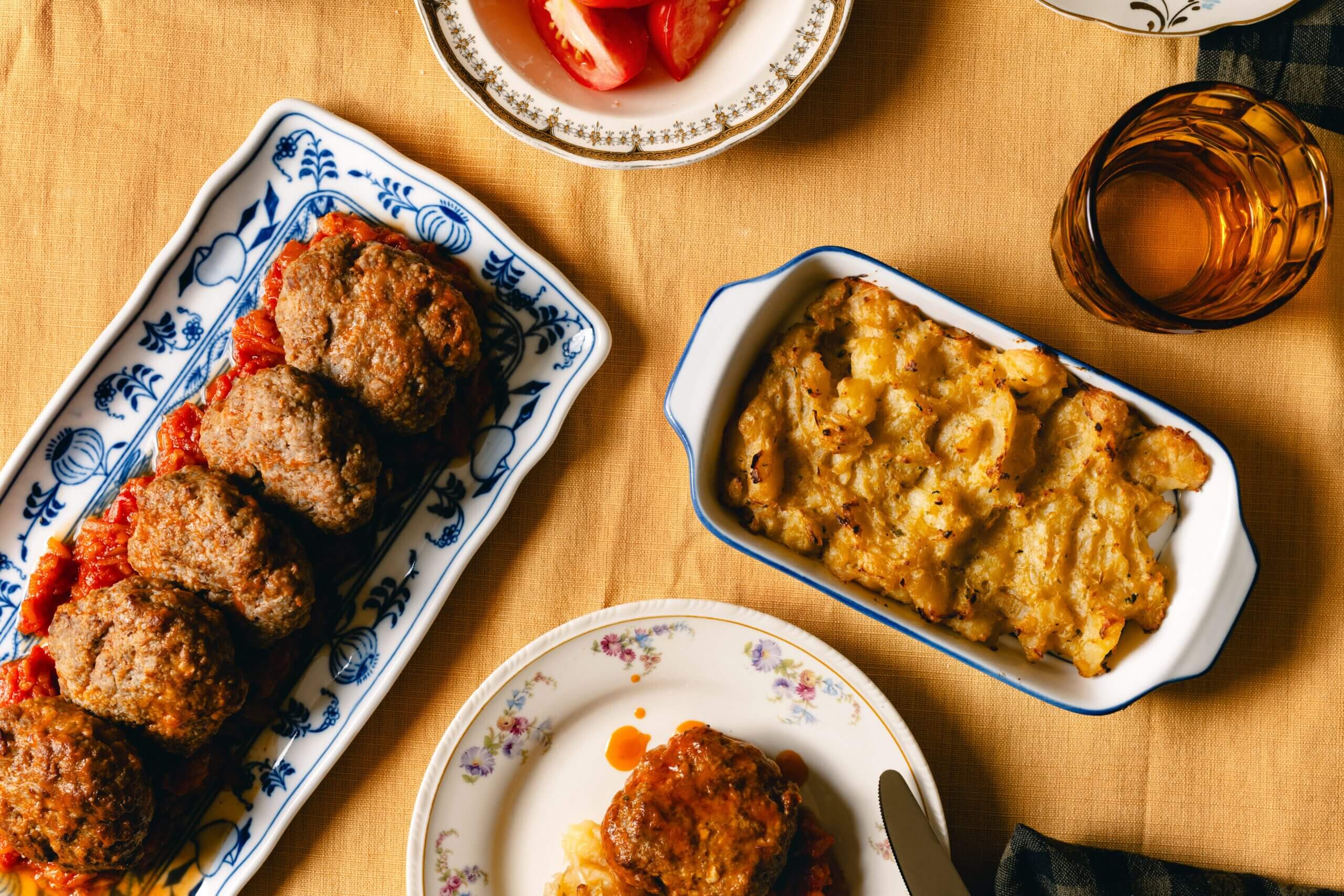
Marenda: The Sacred Snack Break
Work in Dalmatia is often punctuated by marenda, a mid-morning break that locals treat with almost religious reverence. More than just a snack, marenda is an essential pause—a time to recharge and enjoy a simple yet satisfying meal. It might be a slice of bread with olive oil and pršut, or a plate of freshly grilled sardines accompanied by a glass of wine.
Even in the midst of a busy workday, Dalmatian people make time for this ritual, demonstrating their ability to balance productivity with life’s pleasures. It’s a lesson in prioritizing well-being without sacrificing joy.
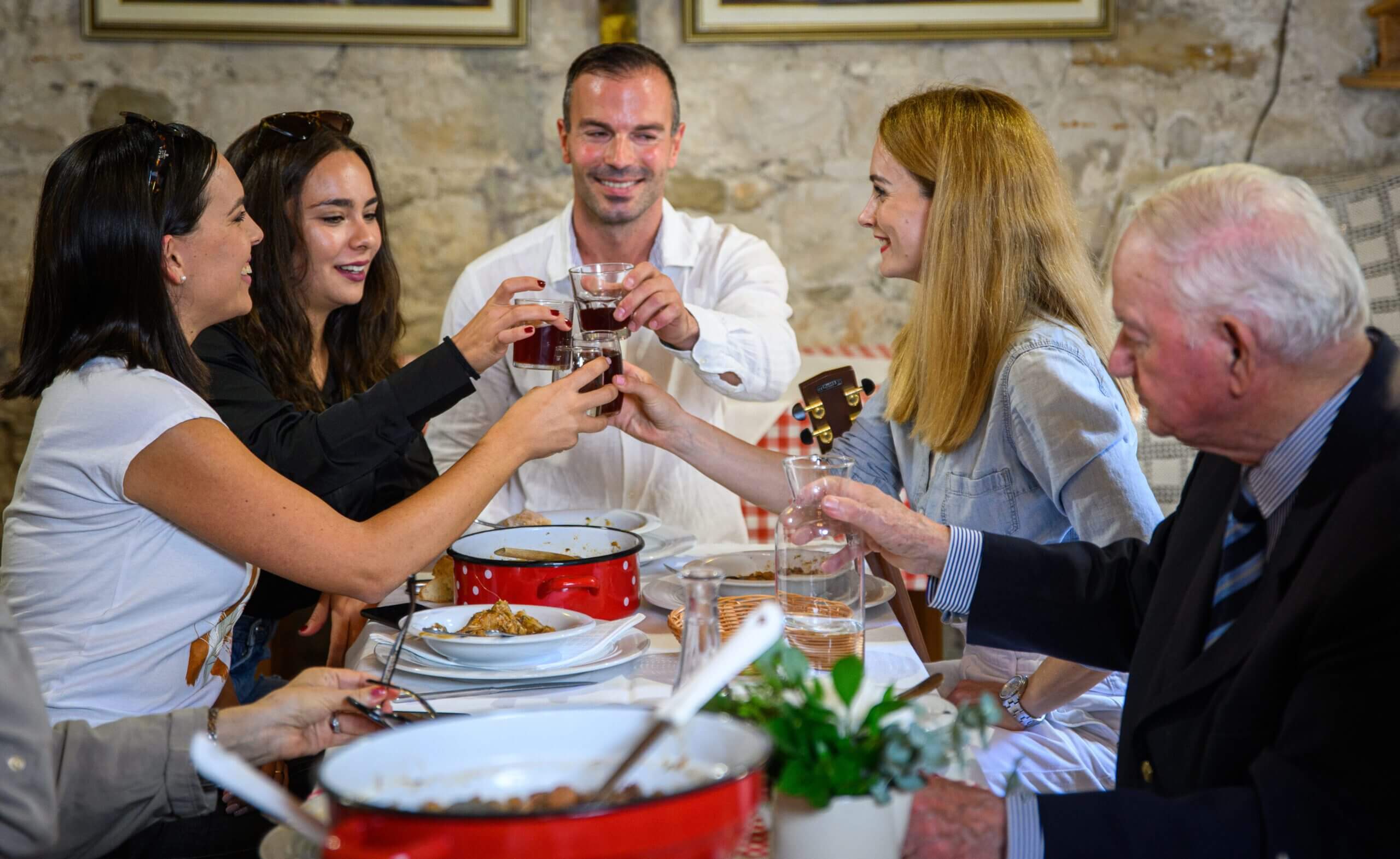
Tip for visitors: Take a cue from the locals and indulge in marenda. Whether you’re on a boat, hiking, or simply exploring the town, a small snack enjoyed at leisure can become a moment of pure delight.
Evenings by the Sea: A Gathering Place for All
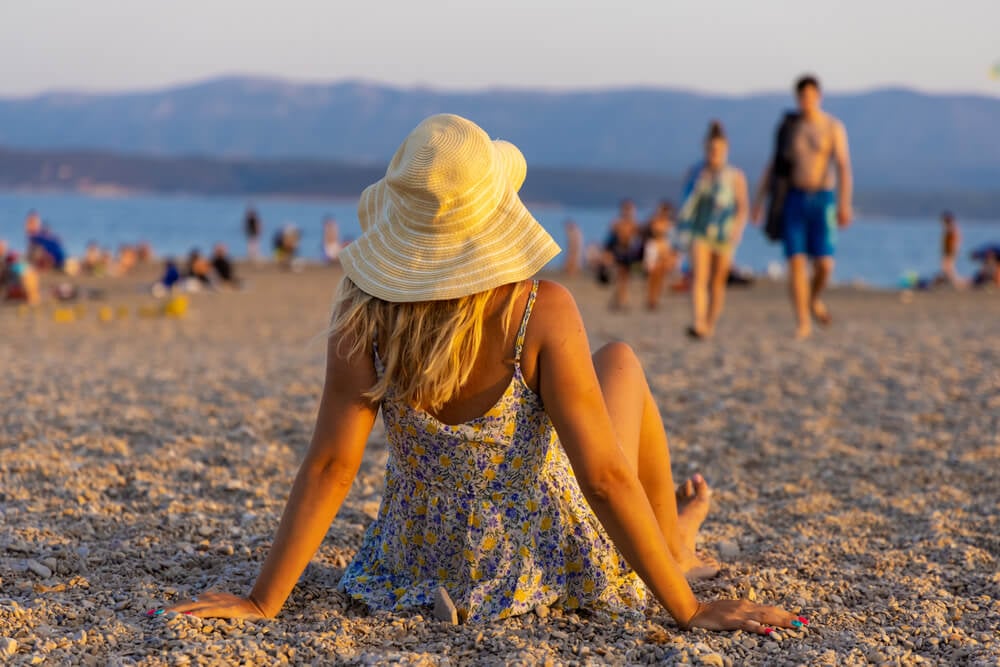
As the day transitions to evening, Dalmatian beaches transform into lively community spaces. Families gather to swim, play games, or simply enjoy the cool breeze. Children build sandcastles, teenagers play beach volleyball, and the elderly engage in animated card games under the shade of pine trees.
The sea isn’t just a playground—it’s a meeting place, a backdrop for connections both big and small. Watching the sunset over the Adriatic, surrounded by the hum of life, is a magical way to end the day.
Tip for visitors: Join the locals on the beach, whether it’s for a refreshing swim, a friendly game, or just to sit and soak in the beauty of the Dalmatian evening.
Savoring the Simplicity
Life in Dalmatia is a reminder that happiness often lies in the simplest moments. From sipping coffee with friends to enjoying a long family meal, Dalmatian traditions celebrate connection, relaxation, and a deep appreciation for life’s little joys.
Visit Dalmatia, embrace its rhythm, and you may find yourself not only falling in love with the region but also discovering a new, more meaningful way of living. Perhaps you’ll even unlock your own fjaka—and carry it with you wherever you go.
